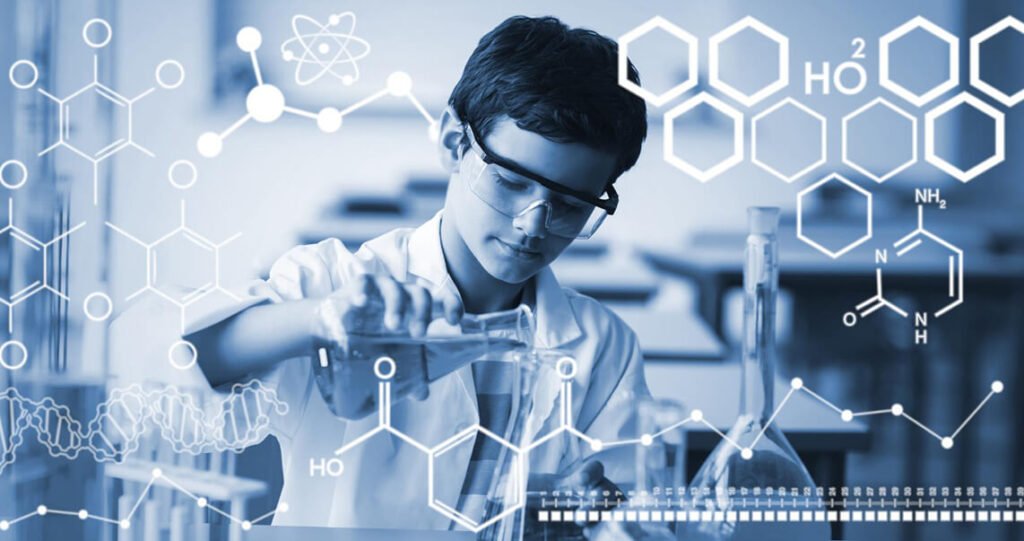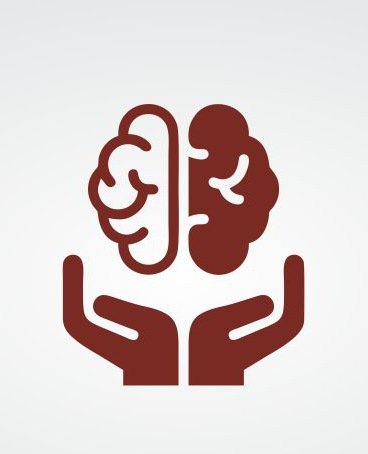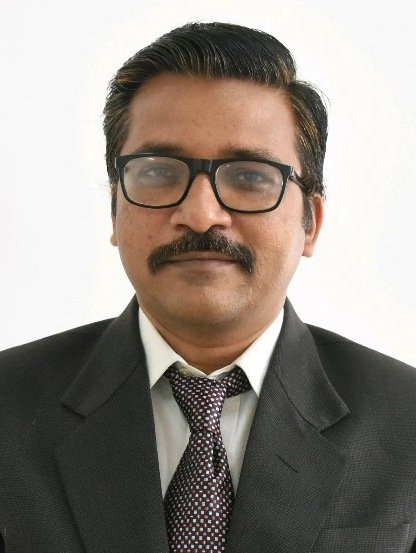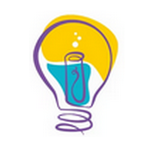Department of Humanities and Science
Connecting Aspirations
Impart quality education, skills, and attributes based on continuously changing global standards and requirements to emerge among the top ten institutions at the state level.
M1. Prepare Automobile engineering students to perceive higher studies, innovations, and practices in the service sector of Automobile engineering. (Knowledge) M2. Prepare Automobile engineering students for self-employment, and professional career entrepreneurship by imparting continuous learning skills. (Skills)) M3. Prepare strong ethical values among Automobile engineering students to serve society. (Ethics & Values)
PEO1: Prepare the diploma students for higher studies and lifelong learning. PEO2: Motivate the students to obtain successful employment in the Automobile/Mechanical industry. PEO3: Inculcate entrepreneurship skills among the students. PEO4: Mould the students become responsible citizens with professional backgrounds and ethical values.
About Department of Humanities and Science
Welcome to the Department of Humanities and Science in Engineering at New Polytechnic Kolhapur. Our department stands at the intersection of creativity, critical thinking, and technical expertise, aiming to provide a well-rounded education that prepares students to meet the challenges of the dynamic and interconnected world of engineering.

Academic Offerings: The Department of Humanities and Science in Engineering offers a diverse range of courses that span the realms of humanities and science. From literature and philosophy to physics and biology, our curriculum is designed to integrate the best of both worlds, providing students with a comprehensive education that goes beyond traditional engineering boundaries.
Key Focus Areas:
Humanities Integration: Our humanities courses are tailored to enhance communication skills, critical thinking, and ethical reasoning. Students explore literature, philosophy, and cultural studies to gain insights into the societal, cultural, and ethical dimensions of engineering.
Science Foundation: The science courses offered by our department provide the fundamental knowledge necessary for understanding the scientific principles that underpin various engineering disciplines. This foundation is crucial for fostering a mindset of inquiry and innovation.
Interdisciplinary Collaboration: We encourage collaboration and interdisciplinary approaches within our department and beyond. By breaking down the barriers between humanities and science, students have the opportunity to explore the synergies between these disciplines, preparing them for the multifaceted challenges of the engineering profession.
Faculty Excellence: Our dedicated faculty members bring a wealth of expertise and passion to the department. Comprising professionals with backgrounds in humanities, social sciences, and natural sciences, our faculty is committed to providing a supportive and engaging learning environment.
Research and Innovation: The Department of Humanities and Science in Engineering is actively involved in research and innovation. Our faculty and students collaborate on projects that bridge the gap between technical advancements and societal needs, contributing to the overall progress of engineering as a discipline.
Beyond the Classroom: We believe in holistic education, and our department encourages students to participate in extracurricular activities, internships, and community engagement programs. These experiences complement classroom learning and help students develop a broader perspective on their role as future engineers.
Join Us in Shaping the Future: If you are passionate about engineering, critical thinking, and societal impact, the Department of Humanities and Science in Engineering welcomes you. Together, let’s explore the fascinating interplay between humanities and science, inspiring the next generation of engineers who will shape a better, more sustainable world.



Scope of Humanities and Science in Engineering
The scope of humanities and science in engineering is vast and essential for the development and success of engineering disciplines. Both humanities and science play crucial roles in shaping well-rounded engineers who can not only design and build innovative solutions but also understand the broader societal, ethical, and cultural implications of their work. Here’s a breakdown of the scope of humanities and science in engineering:
Humanities in Engineering:
Communication Skills: Engineers need to communicate effectively with diverse stakeholders. Humanities courses, such as literature and rhetoric, enhance verbal and written communication skills.
Ethics and Social Responsibility: Understanding the ethical implications of engineering decisions is vital. Humanities courses help engineers grasp the societal impact of their work and make ethically sound choices.
Cultural Competence: In a globalized world, engineers often work with people from different cultural backgrounds. Humanities courses can provide insights into cultural diversity, promoting effective collaboration.
Critical Thinking: Humanities courses foster critical thinking, enabling engineers to analyze problems from various perspectives and develop innovative solutions.
History and Philosophy: Studying the history and philosophy of science and technology helps engineers appreciate the context of their work and understand how past developments influence the present and future.
Legal and Regulatory Knowledge: Humanities courses in law and policy can help engineers navigate the legal and regulatory aspects of their projects.
Science in Engineering:
Foundation of Engineering Disciplines: Science courses such as physics, chemistry, and biology provide the foundational knowledge necessary for understanding the principles and theories behind engineering concepts.
Research and Development: Engineering innovations often require a solid understanding of scientific principles. Engineers engage in research and development activities that rely heavily on scientific methodologies.
Interdisciplinary Collaboration: Many engineering projects involve collaboration with scientists from various fields. A strong foundation in science allows engineers to work effectively with professionals in chemistry, physics, biology, and other scientific disciplines.
Technology Development: Scientific knowledge is fundamental to the development of new technologies. Engineers leverage scientific principles to design and create advanced technologies that solve complex problems.
Problem-Solving: Science equips engineers with problem-solving skills. The scientific method, with its emphasis on observation, experimentation, and analysis, is integral to the engineering problem-solving process.
Integration of Humanities and Science:
Innovation: The integration of humanities and science fosters a holistic approach to problem-solving, leading to innovative and sustainable engineering solutions.
Human-Centered Design: Humanities provide insights into human behavior, needs, and preferences, while science provides the technical foundation. Integrating both ensures the creation of products and systems that are not only technically robust but also user-friendly and socially acceptable.
Project Management: Understanding human dynamics and organizational behavior (humanities) and having a grasp of scientific and technical aspects are essential for effective project management in engineering.
In conclusion, the scope of humanities and science in engineering is broad and interconnected. A balanced education that combines technical expertise with insights from humanities and science prepares engineers to address the complex challenges of our rapidly evolving world. It allows them to consider the societal, ethical, and cultural dimensions of their work while leveraging scientific knowledge to drive technological advancements.

Message From HOD [ Humanities and Science]
Embracing the Synergy of Humanities and Science in Engineering Education
Dear Faculty, Staff, and Students,
I hope this message finds you all in good health and high spirits. As the Head of the Department of Humanities and Science, I would like to emphasize the significance of our combined efforts in providing a comprehensive and enriching educational experience.
Our department plays a pivotal role in shaping well-rounded engineers who not only excel in their technical skills but also understand the broader implications of their work on society, culture, and ethics. The synergy between humanities and science is the cornerstone of a holistic engineering education, and I encourage all members of our department to embrace and promote this integration.
Humanities:
The humanities courses we offer are designed to enhance communication skills, foster critical thinking, and instil a deep appreciation for ethical considerations in engineering. Through literature, philosophy, and cultural studies, our students gain insights into the diverse perspectives that shape our world. This knowledge is invaluable as engineers navigate the complex landscape of technological advancements and their societal impacts.
Science:
On the science front, our courses in physics, chemistry, and mathematics provide the fundamental knowledge that underpins engineering principles. The scientific method ingrained in these courses cultivates a mindset of curiosity, experimentation, and problem-solving—an essential foundation for engineering innovation.
Integration:
I encourage collaboration and interdisciplinary approaches within our department. The integration of humanities and science is not a mere juxtaposition of courses but a deliberate effort to create engineers who are not only technically proficient but also socially aware, culturally sensitive, and ethically responsible.
As we move forward, let us continue to explore innovative ways to merge these two realms of knowledge. Encourage dialogue and collaboration between humanities and science faculty, providing students with opportunities to see the interconnectedness of these disciplines.
By fostering an environment where the humanities and science converge, we are preparing our students to meet the challenges of the future with a broad and versatile skill set. Together, let us continue to inspire the next generation of engineers who are not only experts in their field but also compassionate global citizens.
Thank you for your dedication to excellence in education and your commitment to shaping well-rounded engineers.
Best regards,
– Prof. M. B. Shinde
[ Head Of Department ]
Humanities and Science
Legendary and Student Focused Faculty
Click on faculty picture to view linkedin profile

Sr. Lecturer
Prof. P. R. Jadhav

Sr. Lecturer
Prof. S. S. Desai

Sr. Lecturer
Prof. R. H. Paikrao

Sr. Lecturer
Prof. S. J. Patil

Lecturer
Prof. S. D. Patil













